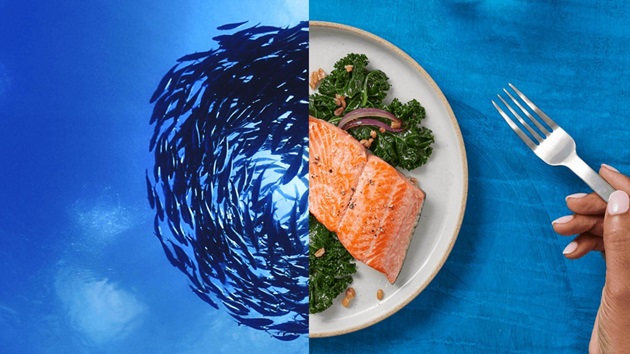It should come as no surprise that in conversations with fishermen and seafood processors in the US and Canada, the words that came up again and again were: uncertainty, rollercoaster, and challenges. That didn’t stop words like optimism and opportunity from cropping up as well.
With the new year comes hope for a safer and healthier world, but it’s important to remember that change does not happen overnight and that for those who catch, sell, process, and ultimately deliver us our favorite sustainable fish, there will be long-term impacts.
The Fish Kept Swimming, The Oysters Needed to be Harvested
While life seemingly shifted overnight with people quarantining to prevent the spread of the virus, life below water continued unchanged. Many harvesters experienced delays in getting out on the water due to safety concerns and uncertainty about regional regulations; however, many were able to begin harvesting fish within a few weeks of their normal fishing seasons.“All in all, the fish were there, it was just getting the opportunity to get out,” said Scott Herbert who manages the processing of MSC certified Gulf menhaden out of New Orleans, LA. Similarly, Raz Halili of Prestige Oyster in Dickinson, TX—the first wild oyster fishery to gain MSC certification in the Americas—pointed out that “oysters continue to grow and need to come out of the water at certain times”. In some cases, fishing had to proceed despite challenges and concerns.
Following CDC guidelines and safety precautions was paramount to keep workers healthy; however “it’s impossible to social distance when you’re on a fishing vessel,” said Herbert. On land, added structure meant added costs, such as installing plexiglass dividers between workers in processing facilities.
Asking workers to wear masks in 100-degree Fahrenheit temperatures—and enforcing the ask—was challenging, but necessary to keep everyone safe. Beyond pandemic-related issues, groups like the Gulf of Mexico menhaden fishery also had to contend with high winds, tropical weather, and hurricanes.
Despite these challenges, the relative supply of seafood was more stable than demand in 2020. With restaurants closed or at minimum capacity, many fisheries struggled to find buyers. Conversely, retail sales of seafood increased. Tuna sales were up compared to the year prior, and in May 2020 the New York Times reported that Americans were cooking more seafood at home than ever before. In the pet food sector, “business went through the roof,” said Herbert, likely due to the pandemic pet adoption boom.
Hope for the Future
While the impacts of the pandemic will continue to be felt into 2021 and beyond, many of the seafood experts expressed hope for the future. Wayne Reichle, President of Lund’s Fisheries, producers of two certified squid fisheries in Cape May, NJ said: “COVID-19 has caused its share of concerns and troubles, we are sure this will pass in the near future, particularly now that it appears vaccines are becoming available.” Vaccines will help get workers back to work safely sooner, as well as make it easier to supply seafood to retailers and restaurants.Thinking longer term, despite the devastating impacts of the pandemic and economic concerns, focusing on protecting fish and the ocean is paramount to fisheries, retailers, and consumers. With the majority of American and Canadian seafood consumers believing that we should only consume fish and shellfish from sustainable sources, we’re happy to report that COVID is not expected to impact longer-term sustainability goals.
Halili pointed out that while conversations about selling MSC certified oysters with retailers were put on pause at the start of the pandemic, those conversations are starting to come back. For him, the impacts they suffered “won’t change our sustainability goals.”
Tiare Boyes, a British Columbia fisherman for MSC certified Halibut pointed out that “fishermen are experienced at dealing with uncertainty; the industry is subject to changing weather and political patterns, to fish stock abundance and to market demand.”



